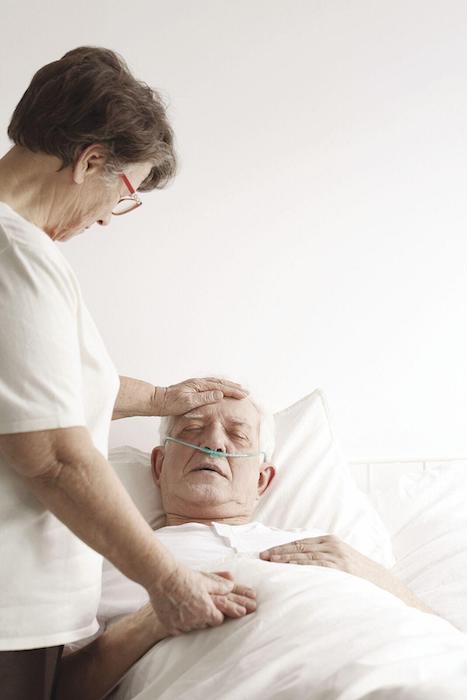
There’s no denying that caring for a dying loved one is a heart-wrenching experience. Through specialized quality care, however, patients and their families can continue to share meaningful moments, despite a terminal diagnosis.
Every year, hospices and palliative care centers across the nation unite to raise awareness of available options for end-of-life care. How does hospice and palliative care work? Hospice and palliative care maximize the quality of life of people with advanced or life-limiting illnesses through pain management, symptom control, psychosocial support and spiritual care, among other means.
What can you do to help?
Understanding what to expect and what you can do to increase a patient’s comfort level can help ease their suffering. Consider their unique physical, emotional and psychological needs.
• Re-adjust pillows beneath their head to help with labored breathing.
• Be calm and reassuring. Remind your loved one where they are and who is present. Seek help from a medical team if significant agitation occurs.
• Maintain a comfortable room temperature. Provide warm blankets in case of a chill or install a humidifier in a moisture-deprived room.
• Encourage your loved one to communicate unsaid thoughts. Ask open-ended questions about their beliefs or meaningful life moments.
• Seek clarity about the type of care your loved one wishes to receive, in case they can no longer speak for themselves.
• Invite family members and close friends to show their support and say their farewells.
Is someone close to you facing a serious or life-limiting illness? Visit www.nhpco.org for caregiver assistance and resources.
Complete Article ↪HERE↩!
